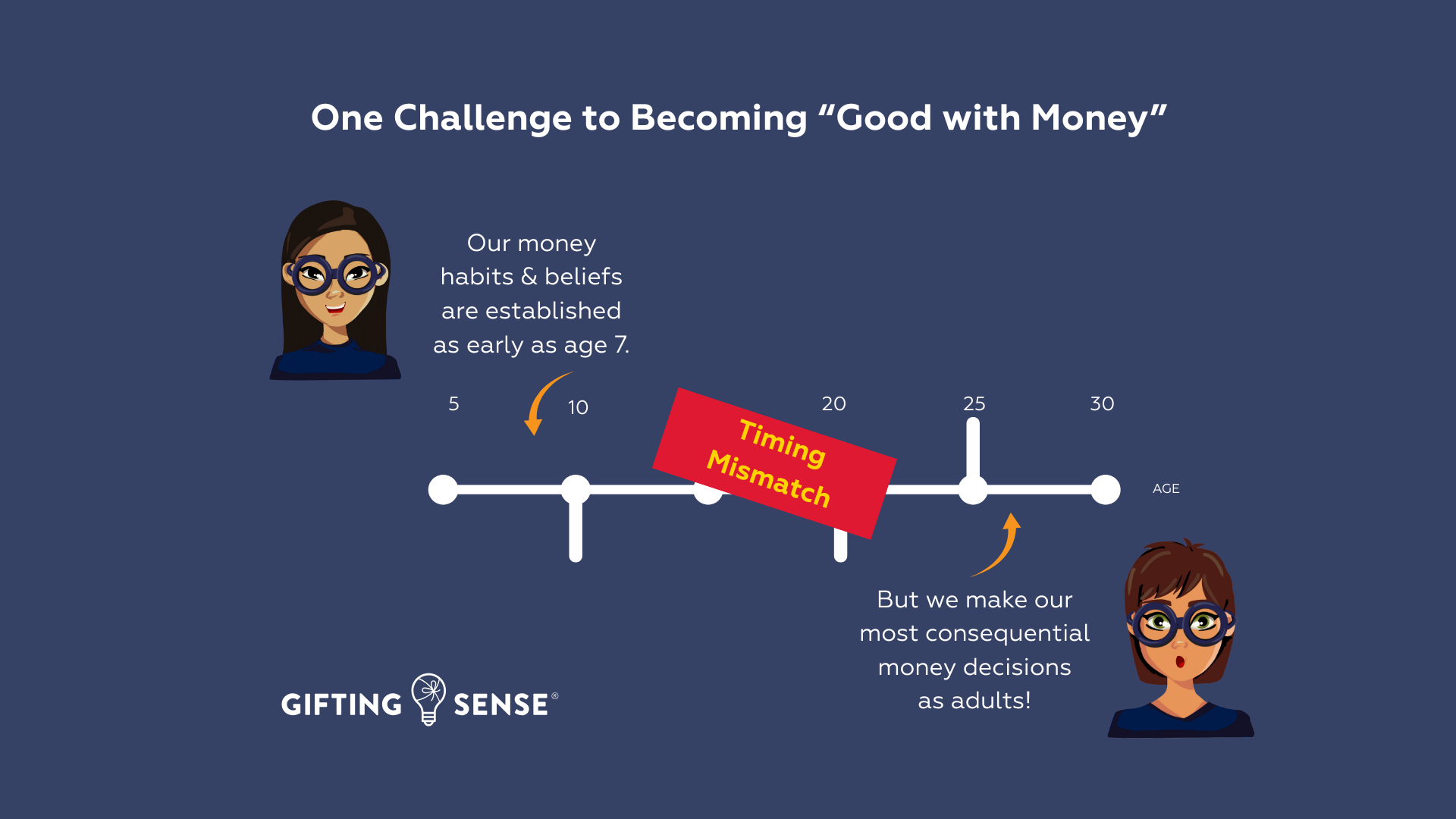If you have a child with their first job this summer, pat yourself on the back. Paid summer employment, although memorable and forming part of most contemporary adult childhoods, seems to be dying.
However, summer jobs offer the following wonderful opportunities:
- The opportunity to try various types of work in a non-permanent fashion.
- The opportunity to experience first-hand the challenges of getting to and from a workplace on a daily or weekly basis.
- The opportunity to see the difference between what you make and what actually goes into your bank account thanks to payroll deductions.
- The opportunity to begin to measure possible purchases in terms of hours worked to pay for them.
There is really only one problem with summer jobs – and that is that the paychecks they result in – do not come with instructions!
Maybe your family has decided summer job income is for discretionary spending, now and in the coming school year. Allowing kids to make purchases, some good and some not-so-good is certainly one way to learn how to think before you buy. But you may want to have a conversation about how paychecks will be treated before the first one arrives.
How would you like summer job paychecks treated?
Is the money going to be split between a savings and spending account? Are there any bills your son or daughter needs to set aside funds for, such as tuition, books, or cell phone charges? Are you asking them to pay for the gas that fuels the car they drive to and from their job?
Actor Bill Murray has reportedly stated that the best way to teach your kids about taxes is to eat 30% of their ice cream. You could also just remind them that when they are trying to calculate how much they might earn in an entire summer, their paychecks won’t necessarily add up to a straight (hours worked)X(their hourly wage). Some employers even deduct the cost of uniforms or tools from the first summer paycheck.

At Gifting Sense, our goal is to help people teach their kids to think before they buy. Our experience tells us that almost nothing drives home the true value of a purchase more than denominating it in “hours worked to pay for those new sandals or basketball shoes.” As our new favorite personal financial management teacher, Fred Selinger, likes to illustrate, thanks to the magic of compound interest, under-worn fancy outfits can turn out to have been incredibly expensive choices for young people who consistently choose to spend over saving.
So when your kids walk in the door this summer, flush with the satisfaction of having earned their own money, but you can see it is burning a hole in their pocket, why not ask them to calculate the DIMS SCORE® for a potential purchase? It will take less than three minutes and may just be the beginning of their personal financial management journey. Now, there is something they can put in the bank!
To learn more, click on the blue or green buttons below.
Child Development Financial Literacy



